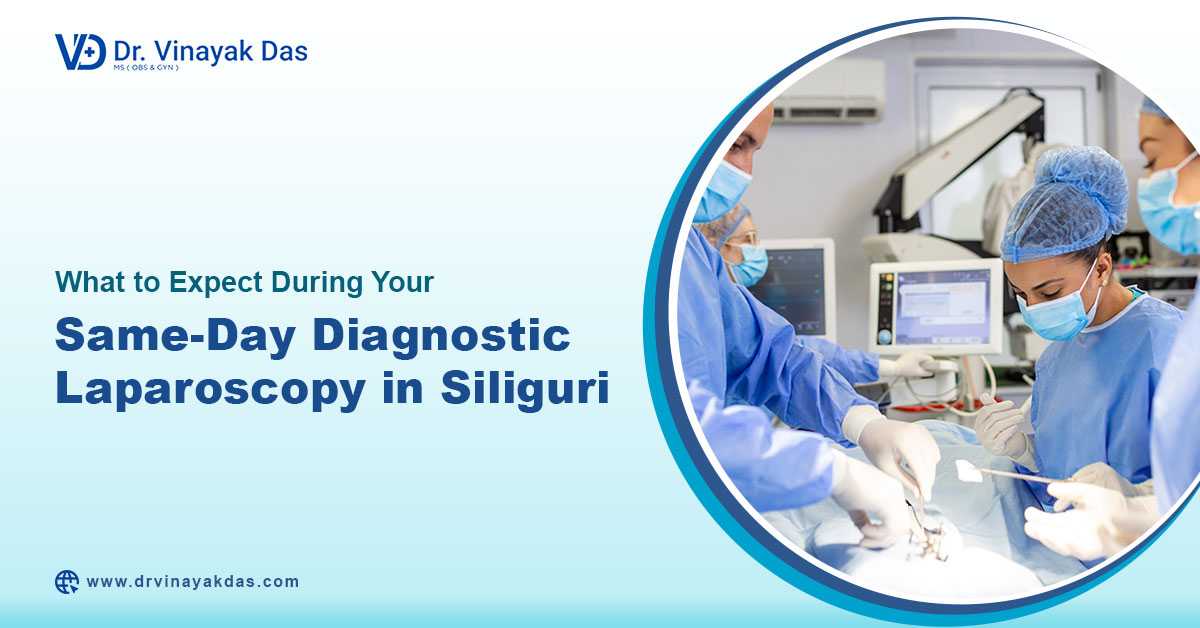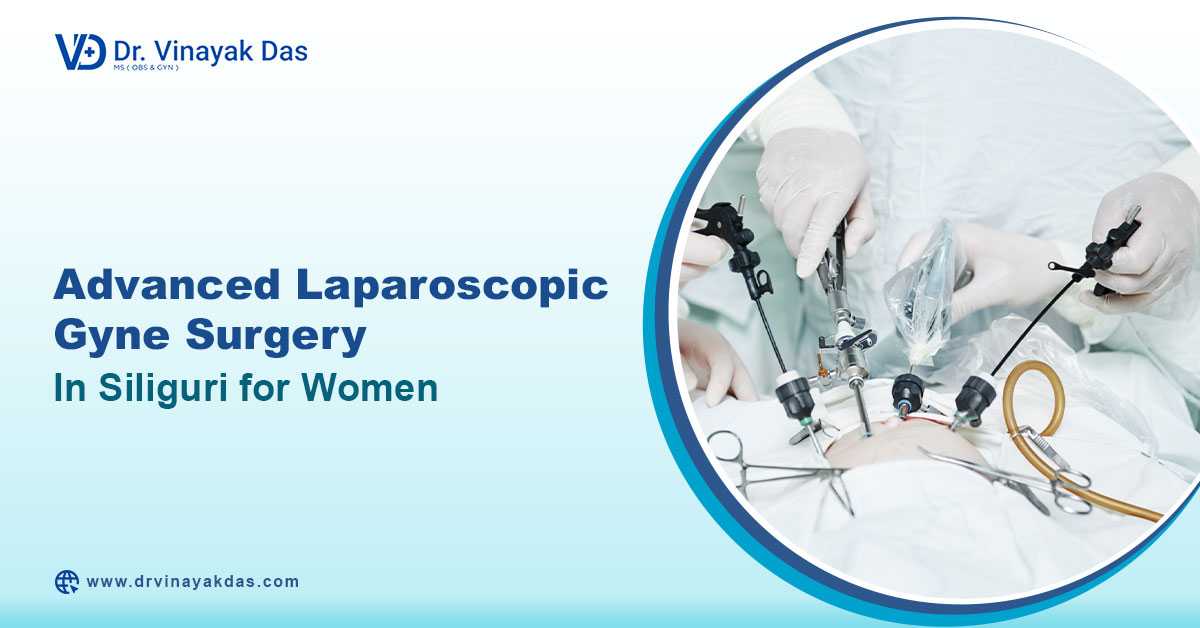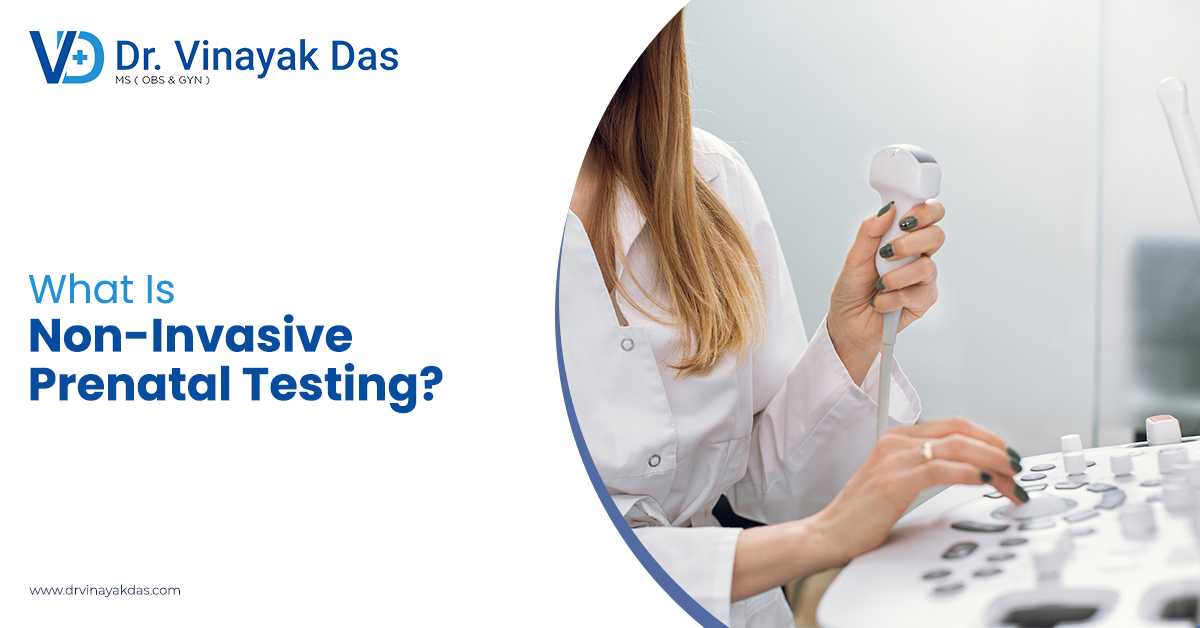Non-invasive prenatal testing is the type of test that uses a pregnant women’s blood to provide valuable information about the baby's health. It is commonly done to check on the development and the health of the baby and it can also help determine whether the baby is at risk of developing certain genetic conditions like Down Syndrome.
When you’re pregnant your blood carries certain bits of the baby's DNA called cell-free fetal DNA which is examined to look for evidence of certain medical conditions. If you’re worried about the health or the development of the baby, you need to get the best non-invasive prenatal testing in Siliguri for quality tests and expert counseling.
Non-invasive prenatal testing (NIPT) can be done after a woman has been pregnant for at least 10 weeks and it is not a mandatory test. You can choose to do this test or get a recommendation from your healthcare provider. Commonly this test is done by women who are at an increased risk of certain genetic disorders.
The accuracy of NIPT can vary depending on the condition and some other factors that include being pregnant with multiple babies, obesity, surrogacy pregnancy, and more. There are two types of prenatal tests you can do and they are as follows:
Screening Test
Screening tests can help identify if the baby is more or less likely to have certain birth defects caused by genetic disorders. This test is usually offered during the first or the second trimester of pregnancy and its process includes blood tests with ultrasound and cell-free DNA screening. Although the screening test can indicate an increased risk for genetic disorders it cannot make a definitive diagnosis and requires a diagnostic test to confirm its results.
Diagnostic Test
A diagnostic test is an invasive prenatal test and is done commonly for a few reasons which include when the screening test shows a problem, family history of genetic problems, or medical history that indicates an increased risk of genetic problems.
Although a diagnostic test provides a sure diagnosis you need to discuss this test with your healthcare provider as some of its tests like amniocentesis, chorionic villus sampling and more can carry a small risk of miscarriage.
Some of the reasons you need to get the best non-invasive prenatal test in Siliguri include irregular screening test results, history of miscarriage or stillbirth, and personal history of a genetic condition. Keep your pregnancy and your baby healthy by visiting a genetic doctor for this test and by providing the best care.




